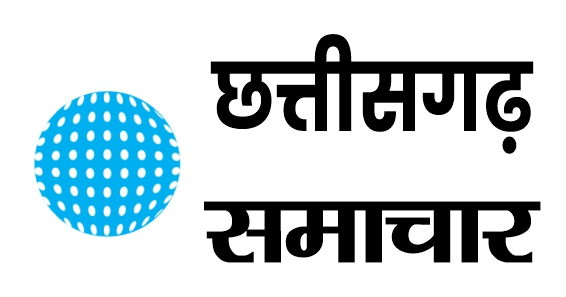On 21st Aug, the Aurangabad bench of Bombay High Court quashed three FIRs registered in March against 35 Jamaatis stating that Tablighi Jamaat members were “chosen to be made scapegoats”. FIR was registered in the state of Maharashtra against 29 foreign nationals and 6 Indian citizens. They were Delhi’s Nizamuddin Markaz attendees and were alleged responsible for the spread of coronavirus. The division bench of Justice T V Nalawade and M G Sewlikar said in a 58 page judgement that “There was virtual persecution against these foreigners. A political government tries to find the scapegoat when there is pandemic or calamity and circumstances show there is probability that these foreigners were chosen to make them scapegoats.” As per the bench the record shows that there was non-application of mind by police and that is why even when no record was available to make out prima facie case, charge sheets are filed by the police.
It was also pointed out by the Judges that the government cannot give different treatment to citizens of different religions of different countries and the police action was based on such instructions probably of the executive and apparently there was discrimination. The Court stated that the decision to criminalise foreign nationals en masse was done to give an indirect warning to the Muslims in India who had been protesting against the Citizenship Amendment Act (CAA) across the country. The two judges were unanimous in their judgement on quashing the FIRs but Justice Sewlikar said that he had different views on certain observations made by Justice Nalawade and he would be writing a separate judgement. It is well known that in the month of March when the lockdown was announced countrywide then the Tablighi Jamaat gathering at Delhi’s Nizamuddin Markaz was blamed for spreading the coronavirus infection. After the said incident, the Home Ministry had directed state governments to initiate criminal action against the Tablighi Jamaat members who had attended the event. After the event at Delhi Markaz, the Jamaatis had travelled to different states in the country. The persons detained in Maharashtra belonged to different countries like the Ivory Coast, Tanzania, Ghana, Djibouti and Indonesia. Taking humane approach the court said that if there was any substance in the contention that there was possibility of spreading coronavirus by these persons, proper action would have been taken against them, to send them back to their own country without taking action like present one. In the present situation created by the pandemic near and dear of every person who is out of house and particularly out of the country are worried about their well being. The actions against such person harass not only these person but also there near and dears.
The Madurai bench of Madras High Court in June had also observed that the detainees in Tamil Nadu had already suffered enough and Article 21 of the Constitution of India applies to the applicants, even if they are foreign nationals. Madras High Court said that it was a fact beyond dispute that none of the 31 foreign pilgrims before it had tested positive for COVID-19 and nothing indicated that they were responsible for spreading the coronavirus. Justice G.R Swaminathan described the state and central government detention and prosecution of the foreign pilgrims as unreasonable, unjust and unfair. Bombay High Court also equated religion with Article 21 and observed that religion is a part of life, at least for believers, and thus should be covered under an individual’s right to life. Similar orders have been passed from various district courts and High Court on either ordering release of foreign detainees or quashing the FIRs. Justice TV Nalawade said that during this pandemic created by COVID-19, we need to show more tolerance and we need to be more sensitive towards our guests particularly like the present petitioners. He also said that instead of helping them, we lodged them in jails by making allegations that they are responsible for the violations of travel documents, spreading of virus, etc. It is said by the court that there was a big propaganda in the print and electronic media against the foreign pilgrims which blamed them for spreading COVID-19. The Court also rejected the government contention that visa provisions were violated. Justice Nalawade said that visa provisions do not restrict foreigners to visit the religious places and to have religious discourse.
Rajeev Ranjan @ Samacharline









